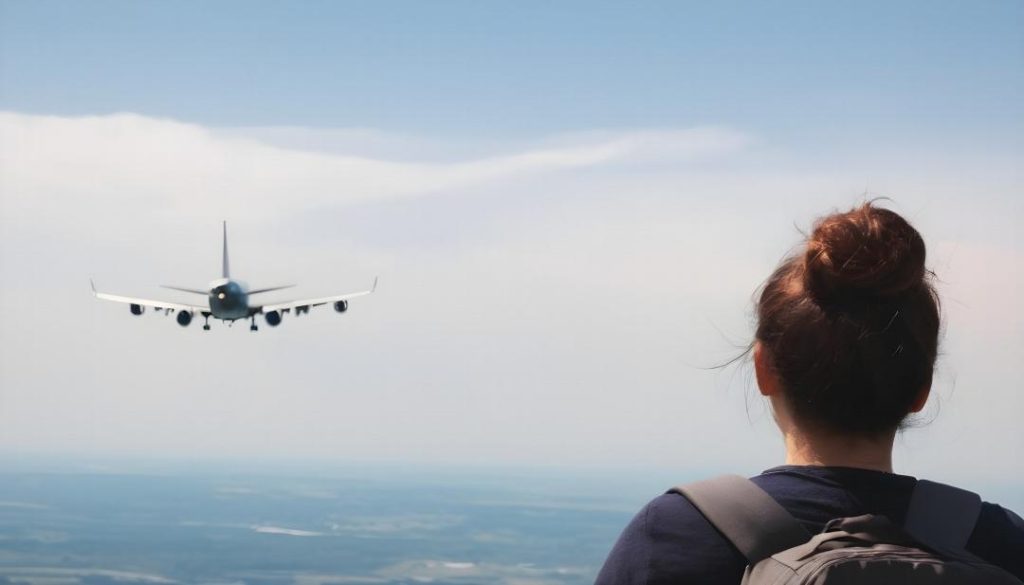Travel anxiety refers to the feelings of stress, fear, or unease some individuals experience when planning or embarking on trips. This condition can manifest in various ways, including physical symptoms like headaches, nausea, or rapid heartbeats, and emotional symptoms such as worry, dread, or irritability. While travel can be an exciting adventure for many, for some, it can trigger overwhelming apprehension.
Common triggers for travel anxiety include unfamiliar environments, fear of flying, potential travel mishaps, or even the uncertainty of leaving the comfort of home. Recognizing these triggers is the first step in addressing and managing travel-related stress effectively.
Identifying the Symptoms
Symptoms of travel anxiety can range from mild discomfort to severe reactions that hinder your ability to travel. These include:
- Physical Symptoms: Sweating, increased heart rate, dizziness, and fatigue.
- Emotional Symptoms: Irritability, fear, panic attacks, or feelings of impending doom.
- Behavioral Symptoms: Avoidance of travel, overplanning, or obsessive checking of itineraries.
Identifying your specific symptoms can help tailor strategies to alleviate anxiety.
Strategies to Manage Travel Anxiety
Addressing travel anxiety involves a combination of mental preparation, practical planning, and self-care techniques. Here are actionable tips to help:
Preparation and Planning
- Research Your Destination: Familiarize yourself with the location’s culture, customs, and language. Knowing what to expect can reduce uncertainties.
- Create a Detailed Itinerary: Plan your trip in advance, including transportation, accommodations, and activities. Having a clear roadmap can alleviate fears of the unknown.
- Prepare Documents Early: Organize travel documents like passports, tickets, and visas well in advance to avoid last-minute stress.
- Pack Strategically: Create a packing checklist to ensure you have everything you need, reducing worry about forgotten items.
Mental Preparation
- Practice Relaxation Techniques: Deep breathing, meditation, and progressive muscle relaxation can help calm your mind before and during travel.
- Challenge Negative Thoughts: Replace catastrophic thinking with positive affirmations. Remind yourself of past successful trips or focus on the enjoyable aspects of the journey.
- Seek Professional Help: If your anxiety is severe, consider speaking with a therapist. Cognitive-behavioral therapy (CBT) has proven effective in treating travel-related anxiety.
Practical Tips During Travel
- Arrive Early: Give yourself ample time at airports or train stations to avoid the stress of rushing.
- Stay Connected: Inform loved ones of your itinerary and keep in touch to ease feelings of isolation.
- Bring Comfort Items: Familiar items such as a favorite book, blanket, or music playlist can provide a sense of security.
Physical Well-being
- Stay Hydrated: Dehydration can exacerbate feelings of anxiety, so drink plenty of water.
- Eat Lightly: Avoid heavy or greasy meals before and during travel to prevent nausea.
- Exercise Regularly: Physical activity, even light stretches, can release tension and improve mood.
Building Confidence Over Time
Overcoming travel anxiety is a gradual process. Start with small trips to nearby destinations to build confidence. As you gain more positive travel experiences, your anxiety may lessen.
Maintain a Travel Journal
Document your journeys to track progress and reflect on moments of joy and triumph. Revisiting these memories can inspire confidence for future travels.
Connecting with others who share similar experiences can provide comfort and practical advice. Online forums and local meetups are excellent places to start.
By implementing these strategies and gradually exposing yourself to travel situations, you can develop the skills needed to manage travel anxiety effectively.


